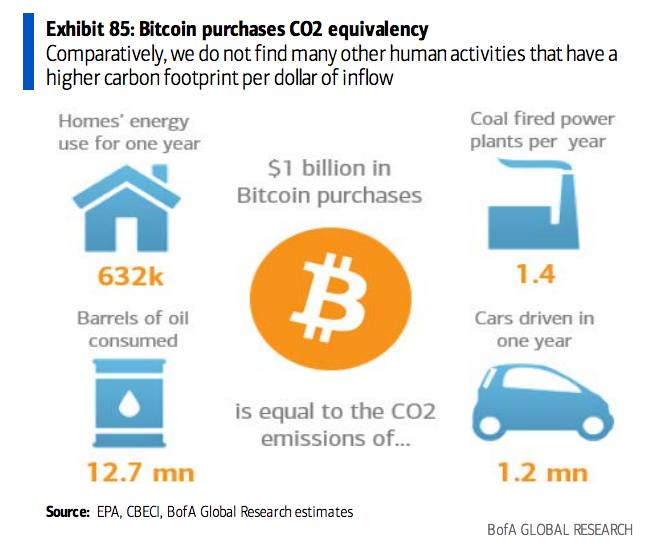In all seriousness, when you look back at periods of ubiquitous revolutionary advances (late 19th/early 20th centuries, the postwar era), you see not only the technology but the conversation around the technology rapidly evolving, changing radically from year to year. I'm not seeing a lot of rhetorical evolution at the moment, certainly not a decade's worth.
WEDNESDAY, JUNE 1, 2011
Tyler Cowen argues against more regulation with an example that calls for more regulation
In case you haven't been following this story, Google has been getting a lot of press for its experiments with self-driving cars, especially after statements like this from Stanford professor Sebastian Thrun:
"Think about the car as a medium of mass transit: So, what if our highway-train of the future meant you go on the highway, and there's a train of very close-driving cars with very low wind drag, fantastic capacity, is twice as efficient as possible as today, and so there is no congestion anymore?"Cowen is clearly thinking along the same lines:
Furthermore, computer-driven cars could allow for tighter packing of vehicles on the road, which would speed traffic times and allow a given road or city to handle more cars. Trips to transport goods might dispense with drivers altogether, and rental cars could routinely pick up customers. And if you worry about the environmental consequences of packing our roads with cars, since we can’t do without them entirely, we still can make those we use as efficient — and as green — as possible.Putting aside the question of the magnitude of these savings in time, road capacity and fuel effeiciency (which, given the level of technology we're talking about here, aren't that great), where exactly are these savings coming from?
Some can certainly be attributed to more optimal decision-making and near instantaneous reaction time, but that's not where the real pay-off is. To get the big savings, you need communication and cooperation. Your ideal driving strategy needs to take into account the destination, capabilities and strategies of all the vehicles around you. Every car on the road has got be talking with every other car on the road, all using the same language and rules of the road, to get anything near optimal results.
Throw just one vehicle that's not communicating (either because it has a human driver or because its communication system is down or is incompatible) into the mix and suddenly every other vehicle nearby will have to allow for unexpected acceleration and lane changes. Will driverless cars be able to deal with the challenge? Sure, but they will not be able to able to do it while achieving the results Thrun describes.
A large number of driverless cars might improve speed and congestion slightly, but getting to the packed, efficient roads that Cowen mentions would mean draconian regulations requiring highly specific attributes for all vehicles driving on a major freeway. The manufacture and modification of vehicles would have to be tightly controlled. Motorcycles would almost certainly have to be banned from major roads. Severe limits would have to be put on when a car or truck could be driven manually.
This would seem to be another case of a libertarian endorsing a technology with less than libertarian implications.








